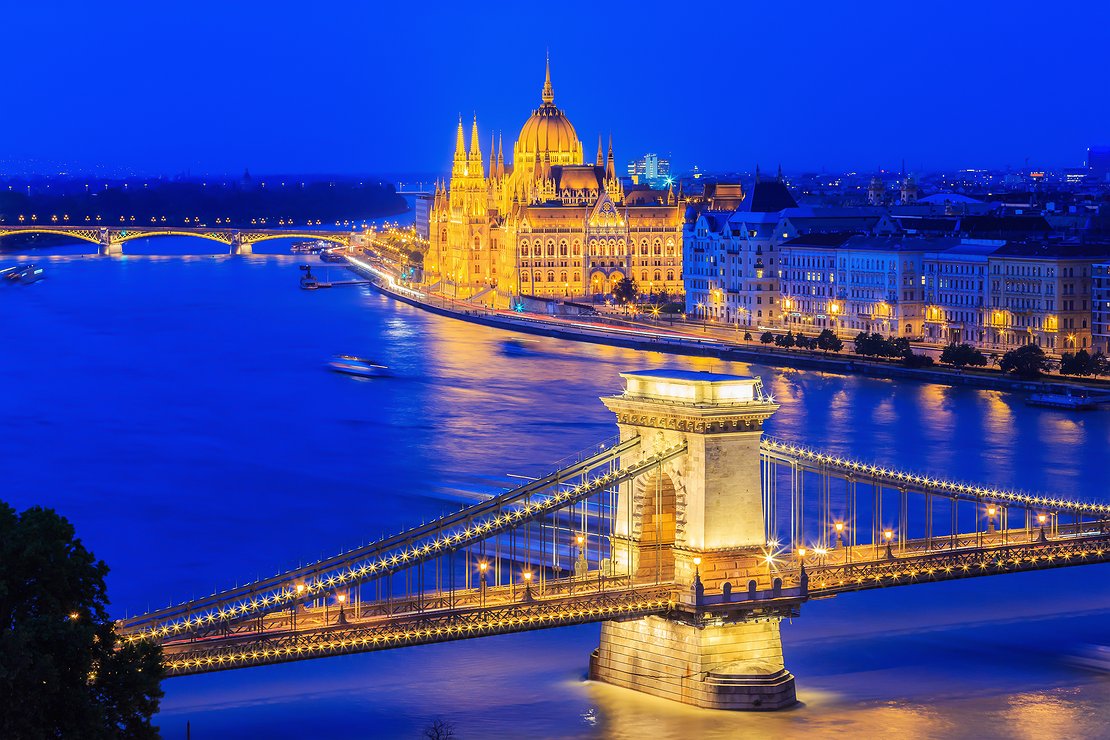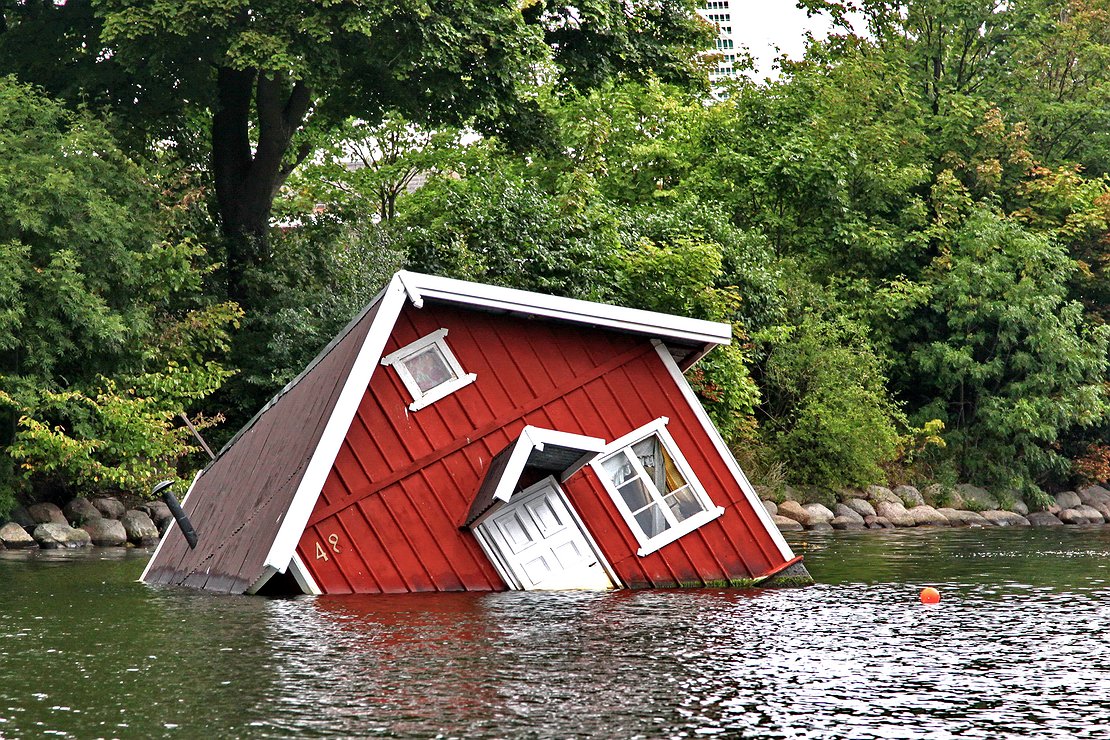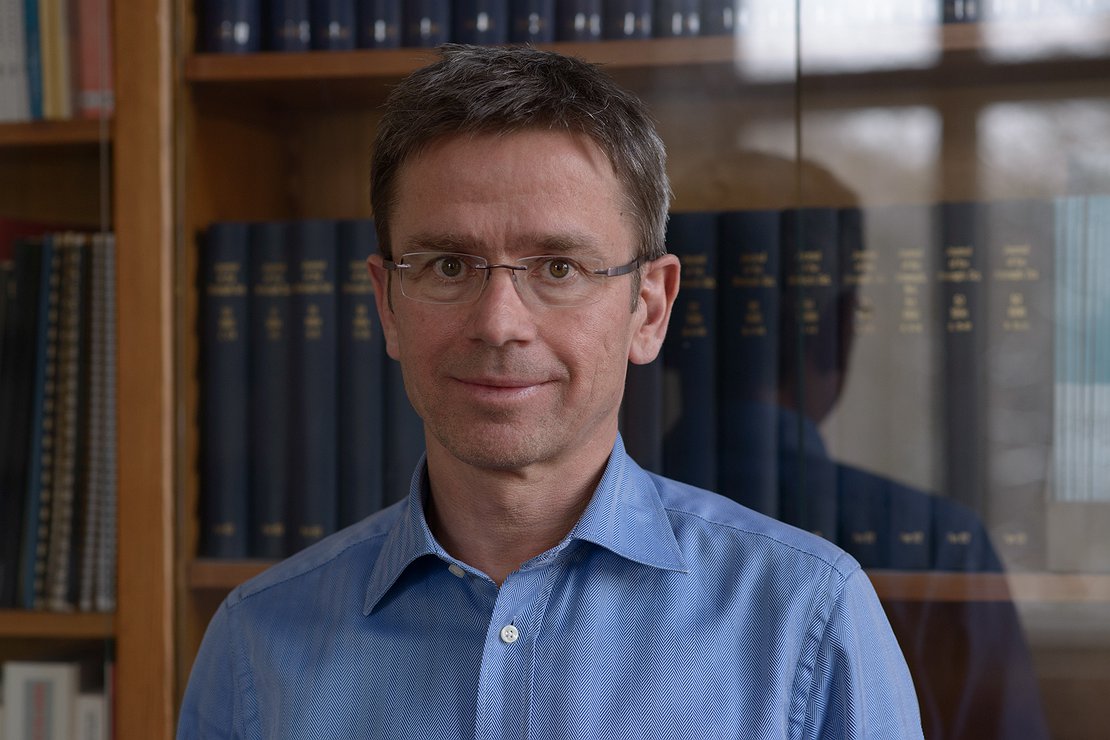
Hope in Eastern Europe:Will the Old Cold War Divide Save the Continent?
If we look at demographic data, social and crime statistics, educational studies and the informal regulatory framework that governs everyday practice in many places, we come to the conclusion that non-European ideas, standards and etiquette have long since become dominant in many German cities and regions. This dominance has been intensified and consolidated by the so-called wave of refugees. In many places, the question of who has power and hegemony has been answered by demographic, cultural, political, social, societal and religious factors. Unease about the foreseeable consequences is also affecting sections of the political class. Recent attempts to make it more difficult for Turkish politicians to appear publicly to their compatriots in Germany, which have long been forceful demonstrations of power vis-à-vis German society, point to this. But such measures are purely defensive, too cautious and come years, if not decades, too late. They can no longer change the fact that parts of Germany and Europe – including core European areas – have been gambled away through delusion, carelessness, convenience, opportunism and stupidity. Charles de Gaulle’s dream of a Carolingian Europe, which would become the nucleus of a Europe all the way to the Urals, is today even less realistic than a mirage.
What political courses of action remain possible? If west Europeans and western Germans want to maintain their historical identity, they will presumably have to vacate large parts of their ancestral Carolingian lands and look for new areas to settle in. This doesn’t necessarily mean that a new wall will have to be built, to neatly separate old Europeans from immigrants. In any case that would be impractical and unfair, because loyalties, beliefs, lifestyles and abilities are not necessarily arranged according to ethnic or religious origin.
A liberal, educated Muslim, for example, can turn out to be a better European than a native German who transfers his desire for self-extinction into the political sphere. What is conceivable is a blended western Europe and Germany made up of a complicated, dynamic web of autonomous territories, secessions, changes in borders, relocations, ex- and enclaves, corridors, protectorates, condominiums, which resembles the patchwork of the Holy Roman Empire and requires continual compromises. The dissolution of nation states will happen in a completely different way from how multi-cultural dreamers imagine today. However, Europeans here will be only one group of many.
However, the precondition for their collective survival is that further east, in the ‘new Europe’ that former US Secretary of Defense Donald Rumsfeld positioned in the run-up to the Iraq war against the ‘old Europe,’ new political, economic and intellectual-cultural power centers are established to replace the now deteriorating western metropolises. Eastern Europe would be the main settlement area for refugees from the west, and would also be the guarantor of the European fragments in the west. The border between the compact eastern and fragmented western Europe would roughly run along the Yalta line, which was valid up until 1989.
For Germany this would be a solution for areas east of the river Elbe. A European shift eastwards would be the easiest for the Germans to cope with. They could, moreover, put down roots in the old German settlements of East Prussia, Pomerania, Silesia, Bohemia, perhaps even further east and south-east, in any case in the historical soil from which they were once driven out. However, they definitely could not appear as people entitled to old borders, ownership or legal titles, but only as new settlers who have come to an arrangement with those who have been the new owners since 1945.
So it may be that the division of Europe, decided in Yalta, and the expulsion of the Germans, will prove to have been a cruel, but with historical hindsight, redeeming, ruse of history, because it spared the eastern Europeans from mass immigration from the Third World. If the Federal Republic of Germany had extended from the Meuse to the Memel, Danzig/Gdansk or Breslau/Wroclaw would today offer the same outlook and views as Duisburg in western Germany. Instead they have retained their European character, like Warsaw, Budapest, Prague and St. Petersburg. Who would have dreamt in 1989, let alone in 1945, that a few decades later the dialectics of Yalta and the displacement of peoples could become a lifeline for Europe?
Abridged and translated from eigentümlich frei, where the original article was published on 22nd April 2017.




